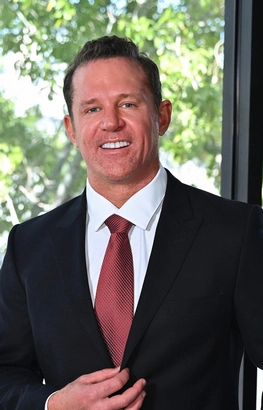ABOUT US
Voted Best of Las Vegas 2023 , Eric Roy Law Firm has handled countless cases, including auto, truck, motorcycle, and slip-and-fall accidents in Las Vegas and Southern Nevada. We also represent clients in wrongful death cases and other personal injury claims.
Eric Roy Law Firm is dedicated to representing clients in Las Vegas who have been injured due to negligence on the part of others. We have a proven track record of success in getting our clients the maximum compensation they deserve.
CALL YOUR BOY ERIC ROY!
YOU DON’T PAY UNTIL YOU WIN
CLIENT TESTIMONIALS
NEWS & ARTICLES
The Debate Over Speed Cameras
The Debate Over Speed Cameras and Red-Light Cameras In the realm of traffic enforcement, speed cameras and red-light cameras have become ubiquitous tools used by authorities to enhance road safety and deter violations. However, their effectiveness and ethics h...
Traffic Fatalities in Las Vegas On The Rise
A Legal Perspective As we delve into the complexities of traffic fatalities in Las Vegas for the year 2024, it’s imperative to approach this subject with both sensitivity and a keen legal eye. Traffic accidents resulting in fatalities are not just statis...
Why Are There So Many Personal Injury Lawyers in Las Vegas?
Las Vegas, the glittering metropolis in the heart of the Nevada desert, is renowned for its world-class entertainment, vibrant nightlife, and iconic Strip. While the city is celebrated for its glamorous attractions, it also harbors a less glamorous, yet signif...











